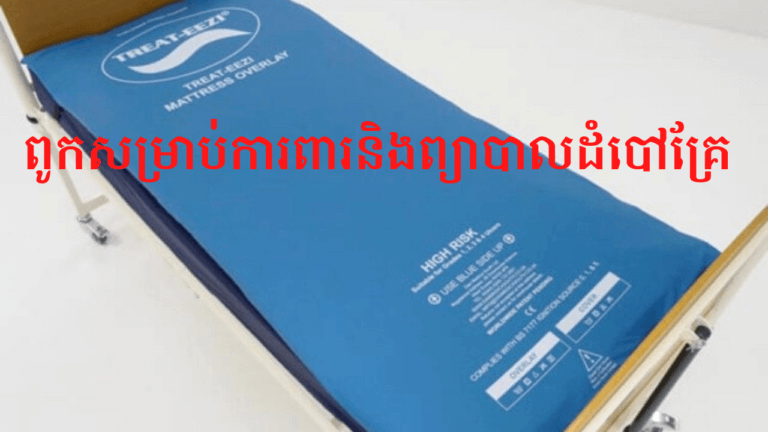Diseases October 8th, 2024
Dysmenorrhea treatment

Menstrual pain, also known as dysmenorrhea , can be quite uncomfortable, but there are several ways to manage and alleviate it:
Home Remedies
– Heat Therapy: Applying a heating pad or hot water bottle to your lower abdomen can help relax the muscles and reduce pain.
– Massage: Gently massaging your abdomen and lower back can provide relief.
– Exercise: Activities like yoga, swimming, walking, or cycling can help reduce pain by increasing blood flow and releasing endorphins.
– Hydration: Drinking plenty of water can help reduce bloating and ease discomfort.
– Warm Bath: Soaking in a warm bath can help relax your muscles and alleviate pain.
Over-the-Counter Medications
– Pain Relievers: Nonsteroidal anti-inflammatory drugs (NSAIDs) like ibuprofen or naproxen can be effective in reducing menstrual pain.
– Acetaminophen: If NSAIDs are not suitable, acetaminophen can be an alternative for pain relief.
Lifestyle Changes
– Dietary Adjustments: Reducing intake of caffeine, alcohol, and salty foods can help minimize symptoms.
– Stress Management: Techniques like deep breathing, meditation, and mindfulness can help manage stress, which can exacerbate menstrual pain.
Medical Treatments
– Hormonal Contraceptives: Birth control pills, patches, or vaginal rings can help regulate your menstrual cycle and reduce pain.
– Prescription Medications: In some cases, doctors may prescribe stronger pain relievers or hormonal treatments.
Alternative Therapies
– Acupressure: Applying pressure to specific points on the body can help alleviate pain.
– Essential Oils: Massaging with essential oils like lavender or clary sage can provide relief.
If menstrual pain is severe or persistent, it’s important to consult with a healthcare provider to rule out any underlying conditions and to discuss the best treatment options for you.
Have you tried any of these methods before?
- Tags:
- dysmenorrhea, ការឈឺចាប់ពេលមានរដូវ



